For centuries, domestic cats have played a significant role in human societies. From being revered in ancient cultures to becoming beloved household companions today, cats have found a special place in many people’s hearts. Beyond their companionship, many cat owners claim that their feline friends help reduce stress and improve overall well-being. But do these claims have any scientific basis?
The Biology of Stress
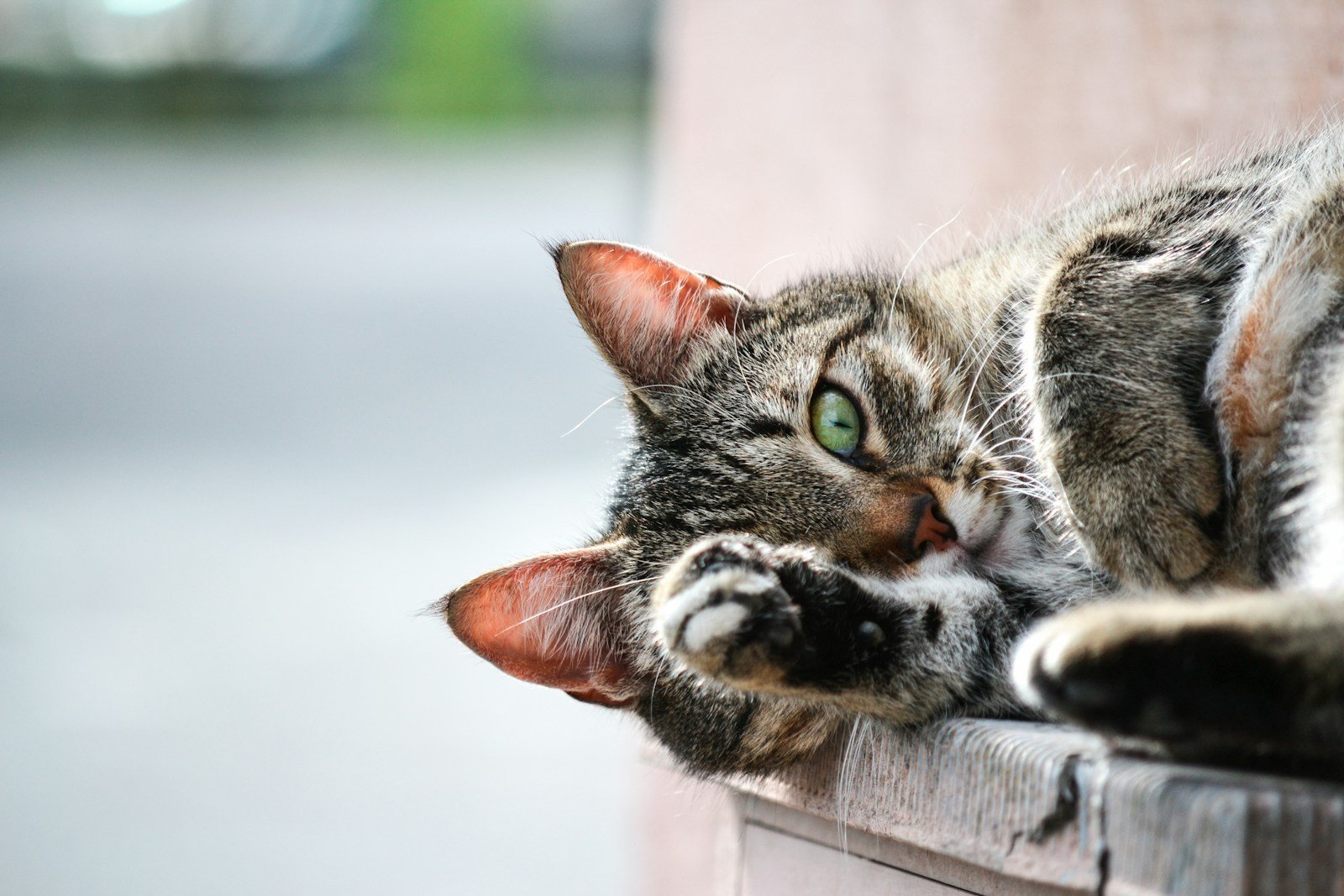
Before exploring how cats might influence stress levels, it’s essential to understand the biology of stress. Stress is a natural response to perceived threats, involving physical and emotional reactions. During stress, the body releases hormones like cortisol and adrenaline, which prepare it for a “fight or flight” response. Chronic stress can lead to various health issues, including heart disease, anxiety, and depression.
Scientific Evidence on Pets and Stress Reduction
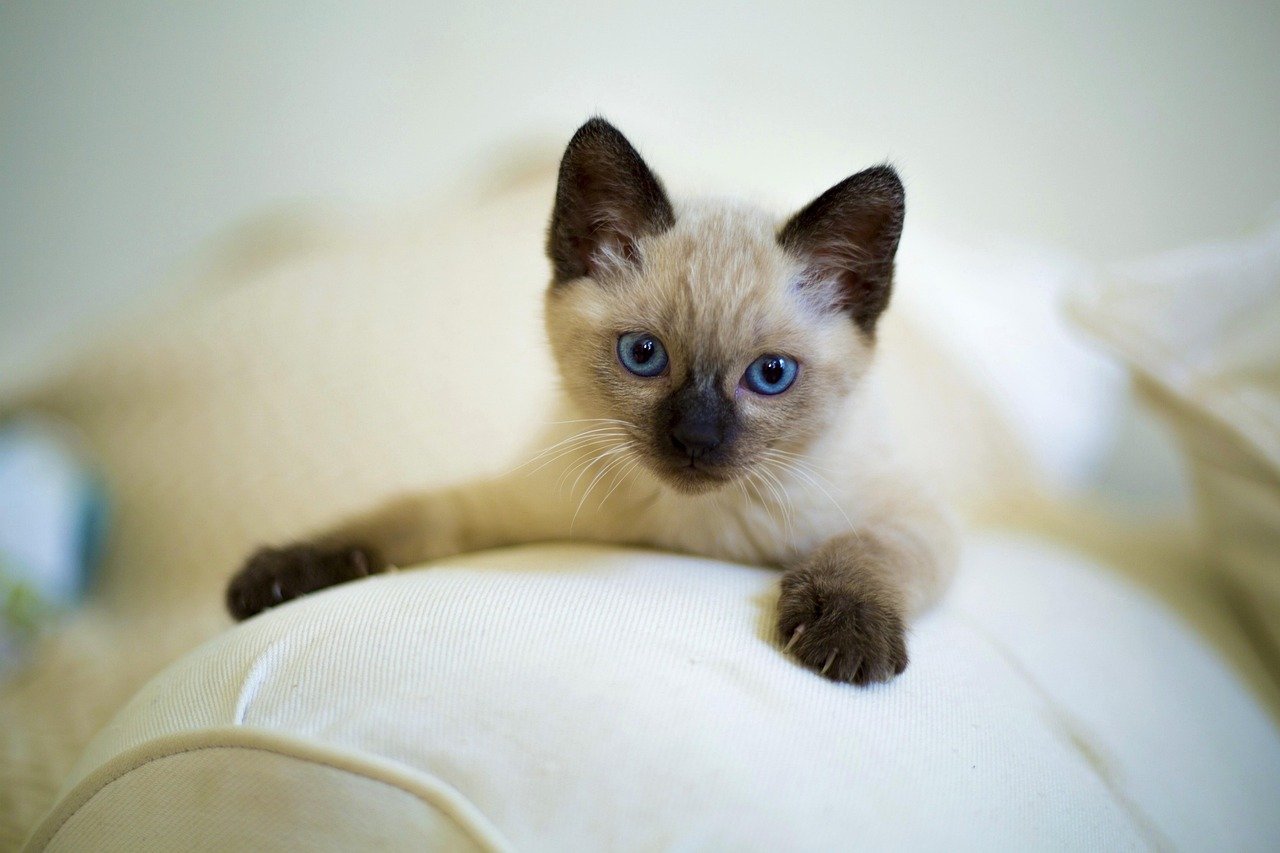
Numerous studies have investigated whether pets can alleviate stress. Research indicates that interacting with pets, including cats, can decrease stress markers such as cortisol. The simple act of petting a cat has been shown to lower blood pressure, slow heart rate, and promote feelings of relaxation. Such findings suggest that cats might play a role in stress reduction.
Therapy Cats: A Growing Trend
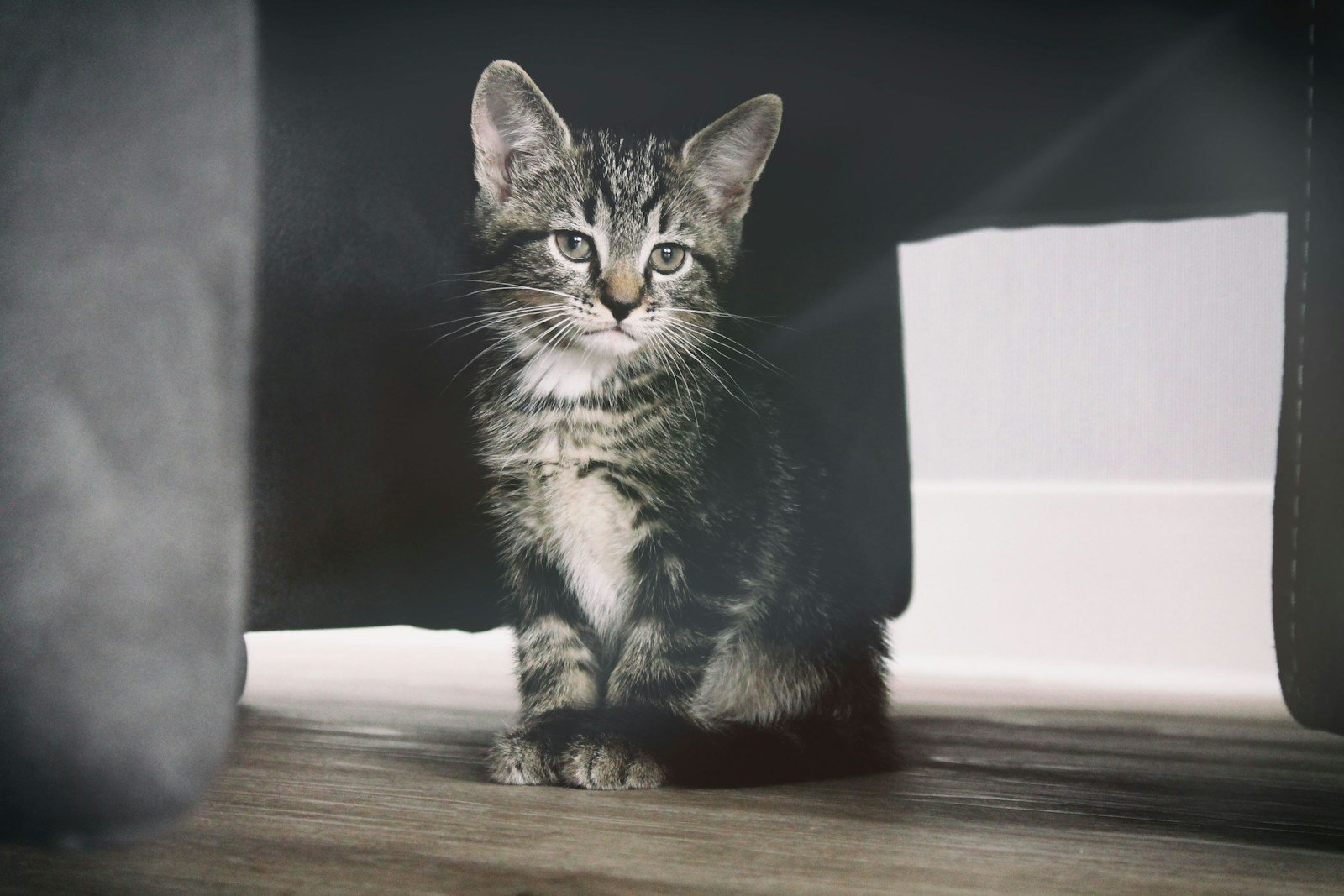
Therapy animals, including therapy cats, are gaining recognition for their stress-relieving benefits. These animals are brought to hospitals, nursing homes, and schools to provide comfort and emotional support. Anecdotal evidence and preliminary studies suggest that therapy cats can help reduce feelings of anxiety and loneliness, indicating potential benefits for stress management.
The Role of Routine and Responsibility
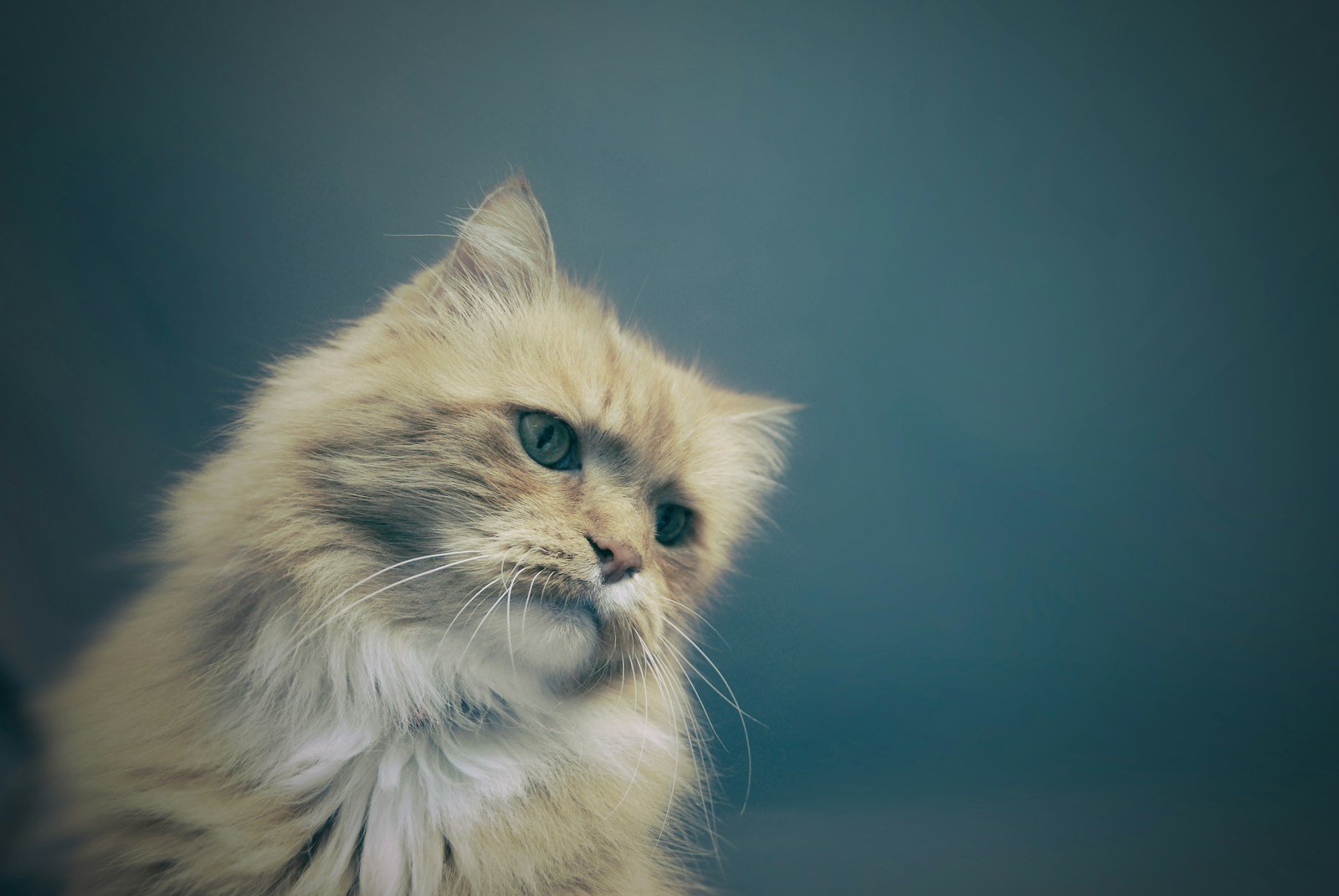
Owning a cat introduces routine and responsibility into a person’s life, which can be beneficial for managing stress. Caring for a pet can provide a sense of purpose, structure, and regular daily activity. Feeding, grooming, and playing with a cat can offer predictable, enjoyable tasks that may help alleviate stress by providing focus and routine.
Emotional Support from Feline Companions
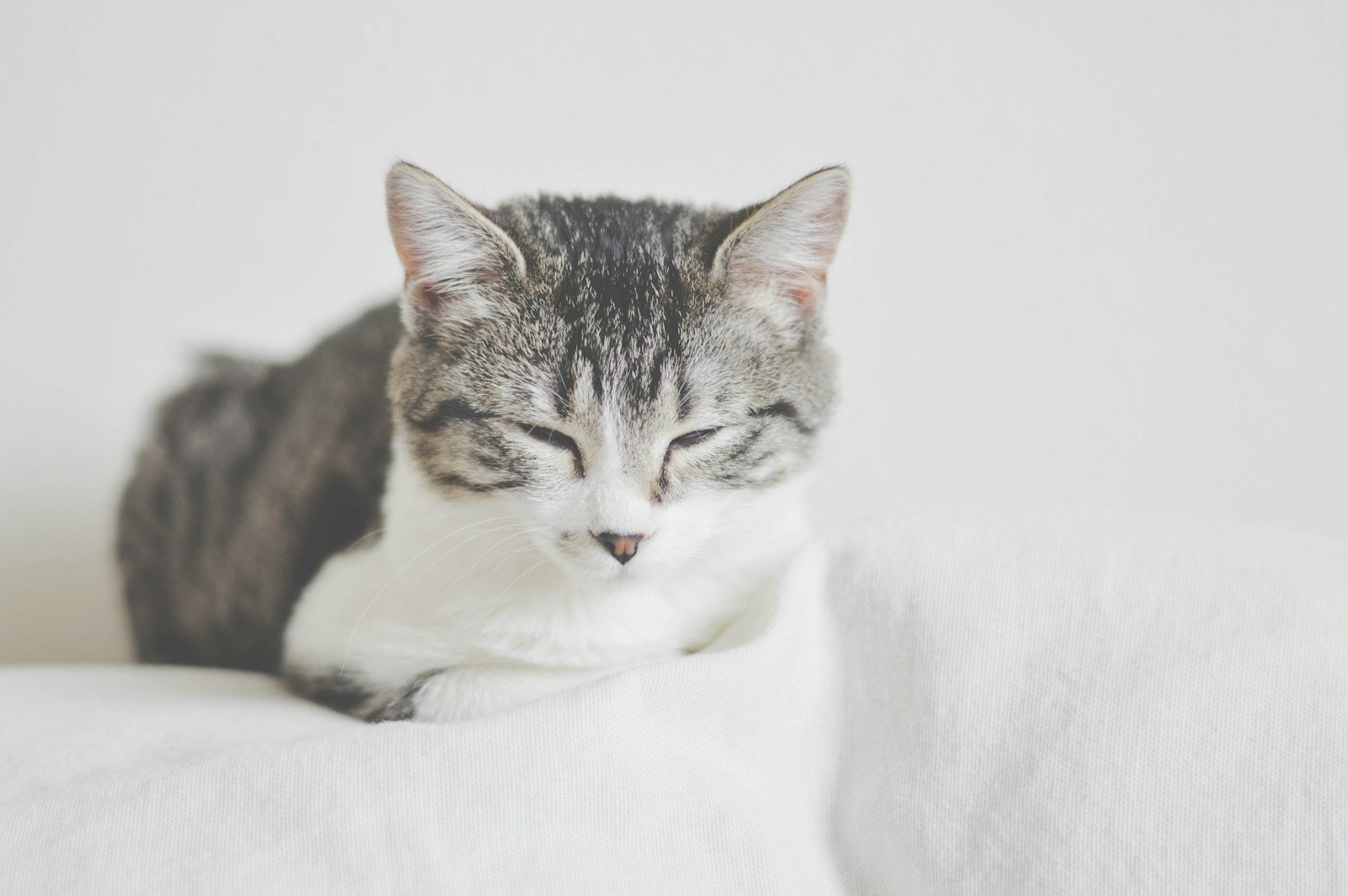
Cats often offer unconditional love and companionship, which can be vital for emotional well-being. Their presence can provide a sense of security and reduce feelings of loneliness or isolation. Many cat owners describe their pets as empathetic creatures that seem to sense their moods and offer comfort when needed.
The Purr of a Cat: More than a Soothing Sound
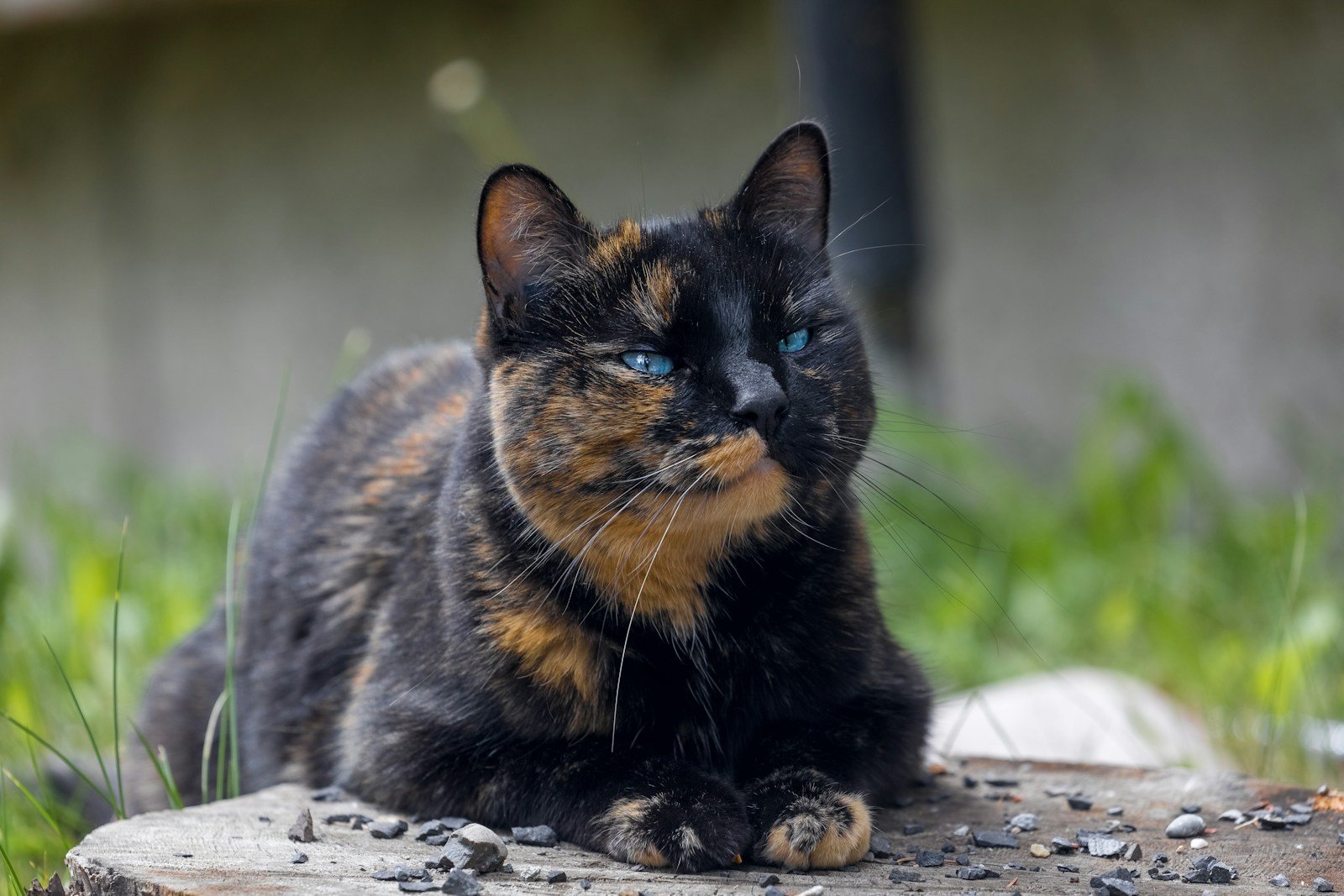
The unique purring sound of a cat is often associated with relaxation and contentment. Some theories suggest that the frequency of a cat’s purr has a calming effect on humans. While scientific evidence is limited, some researchers propose that the purring sound may help relieve stress and promote healing processes in humans.
Cats and Mental Health
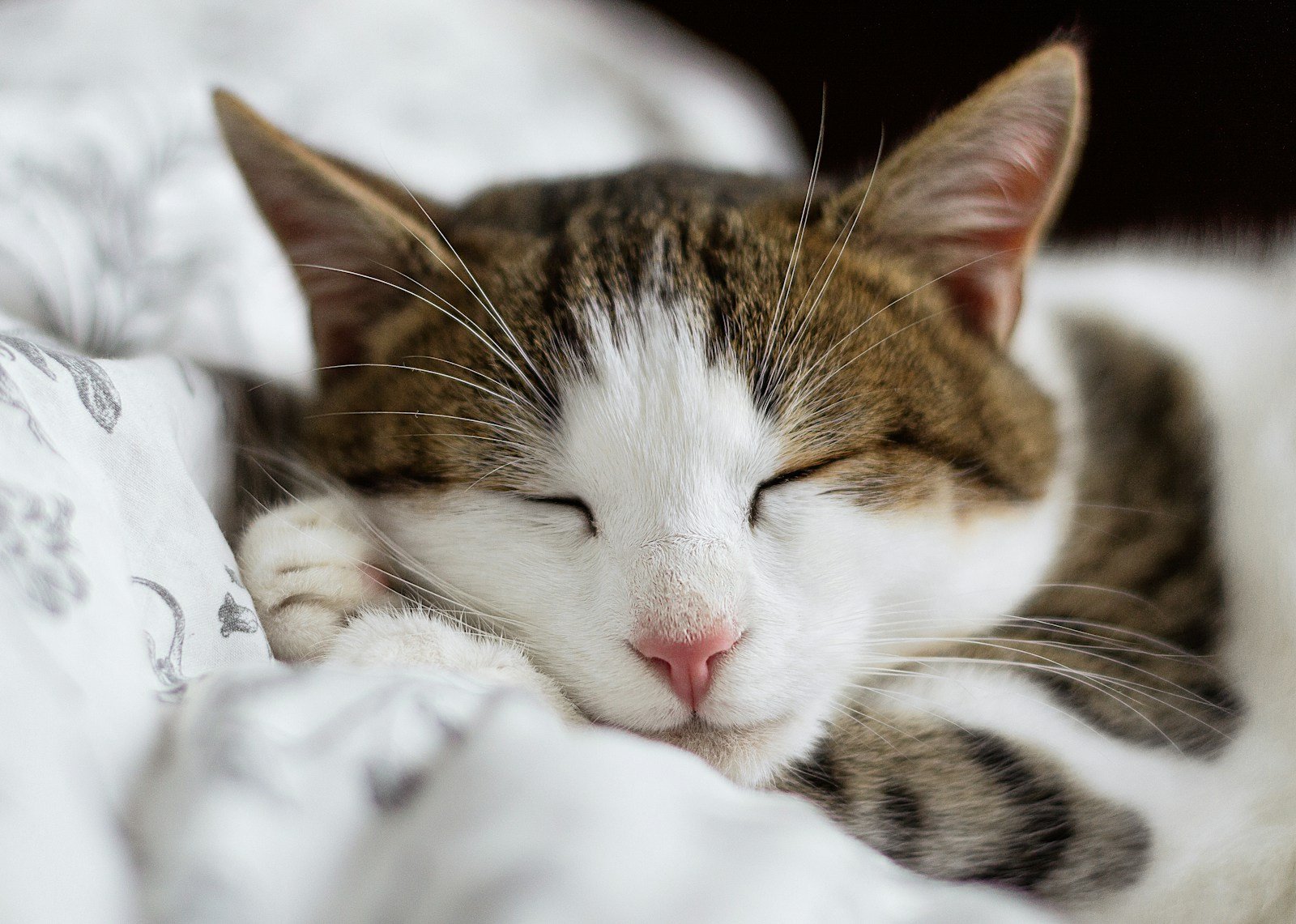
Beyond stress, cats might positively influence overall mental health. Studies have suggested that pet owners experience lower rates of depression and anxiety than non-pet owners. Although correlation doesn’t imply causation, cats’ companionship and stress-alleviating effects might contribute to better mental health and fewer symptoms of mental disorders.
Potential Limitations and Considerations
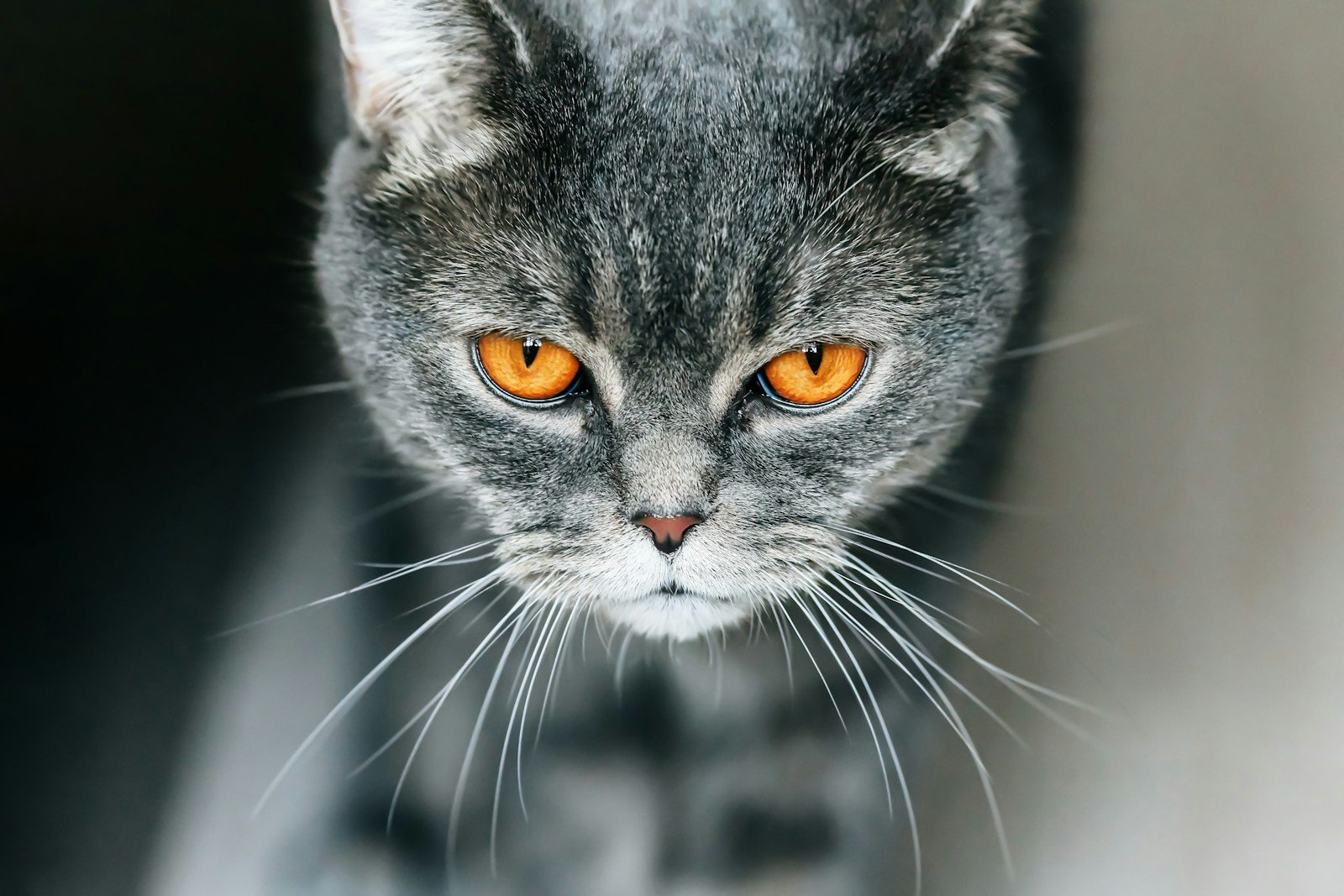
While many people find cats to be soothing pets, it’s important to acknowledge that they are not a universal solution for stress. Some individuals may be allergic to cats or have lifestyles that don’t accommodate pet care. Additionally, not all interactions with cats are stress-free; behavioral issues or health problems in the cat can create stress for the owner.
Conclusion: Cats as Part of a Holistic Approach to Stress Management
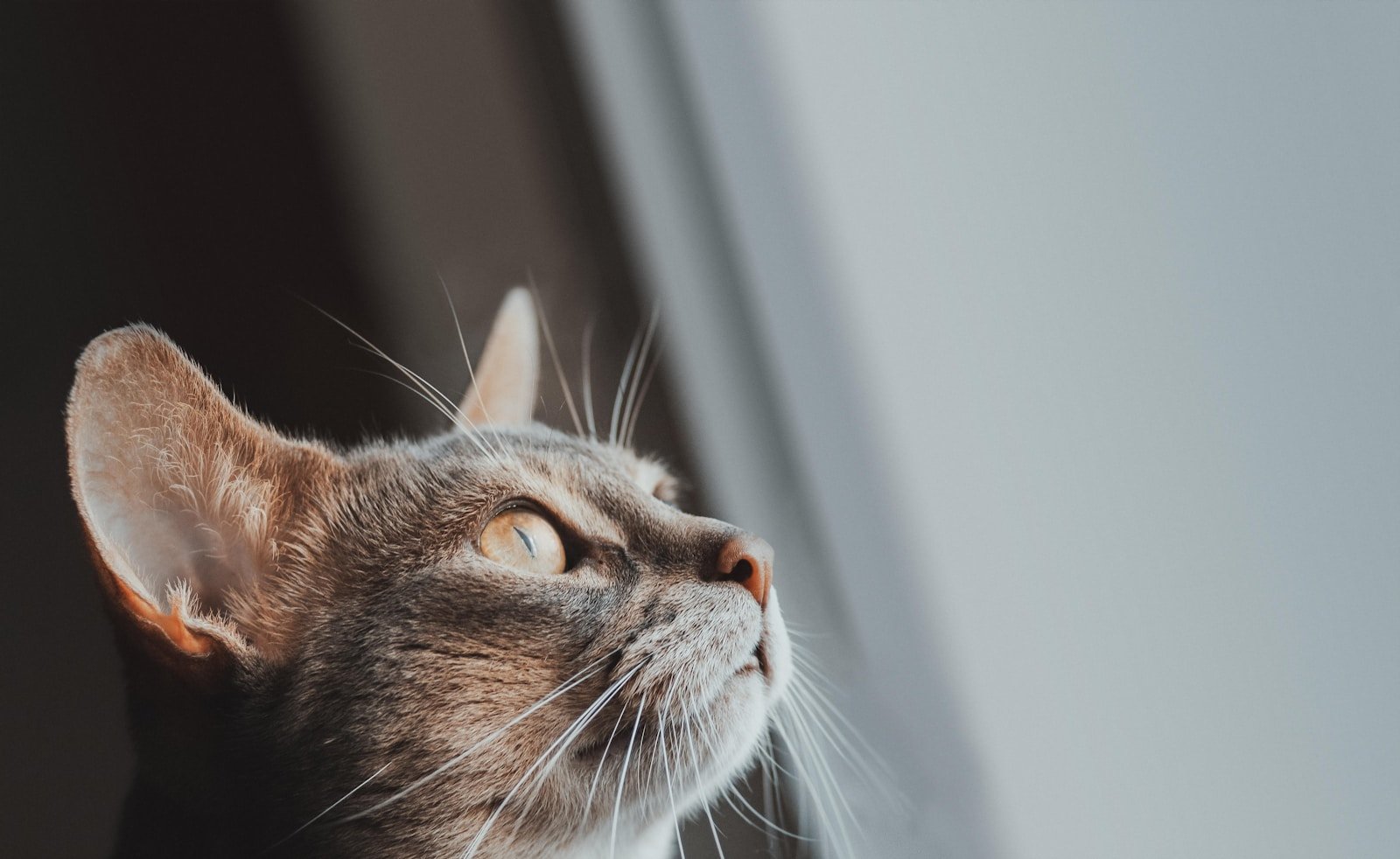
Domestic cats can indeed offer stress-relieving benefits to many individuals. Their presence, coupled with the responsibilities and routines of pet ownership, can contribute to a more structured and emotionally supportive environment. However, they should be considered part of a holistic approach to stress management, alongside other methods such as exercise, mindfulness, and professional guidance. As research in this field continues to evolve, it remains clear that cats hold a special, comforting place in many people’s lives.
Hi, I’m Bola, a passionate writer and creative strategist with a knack for crafting compelling content that educates, inspires, and connects. Over the years, I’ve honed my skills across various writing fields, including content creation, copywriting, online course development, and video scriptwriting.
When I’m not at my desk, you’ll find me exploring new ideas, reading books, or brainstorming creative ways to solve challenges. I believe that words have the power to transform, and I’m here to help you leverage that power for success.
Thanks for stopping by, Keep coming to this website to checkout new articles form me. You’d always love it!






